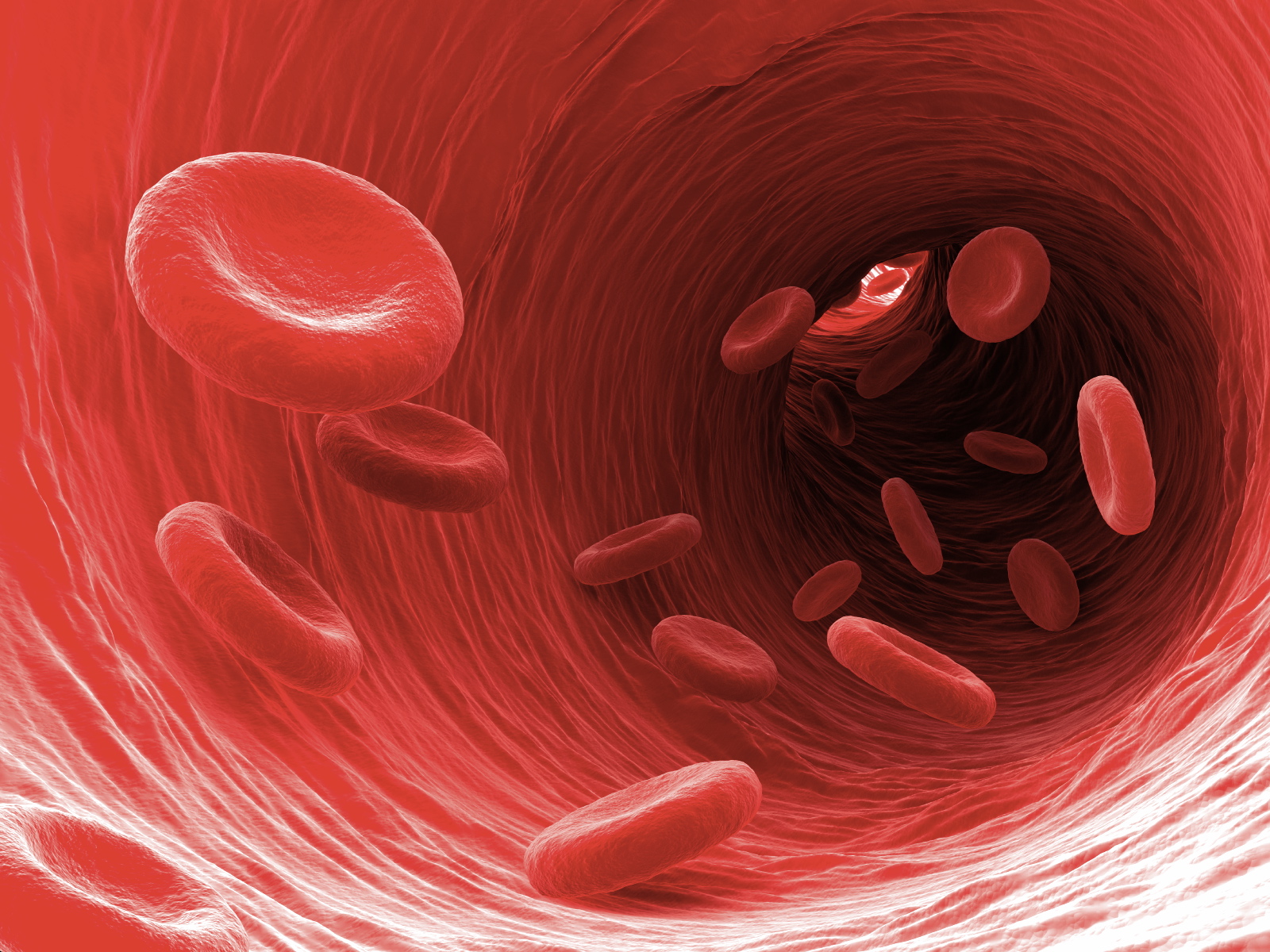
Experts have warned that Europe faces a “cancer epidemic” unless urgent action is taken to boost treatment and research, after an estimated 1m diagnoses were missed during the pandemic. The impact of Covid-19 and the focus on it has exposed “weaknesses” in cancer health systems and in the cancer research landscape across the continent, which, if not addressed as a matter of urgency, will set back cancer outcomes by almost a decade, leading healthcare and scientific experts say. A report, European Groundshot – Addressing Europe’s Cancer Research Challenges: a Lancet Oncology Commission, brought together a wide range of patient, scientific, and healthcare experts with detailed knowledge of cancer across Europe.
One unintended consequence of the pandemic was the adverse effects that the rapid repurposing of health services and national lockdowns, and their continuing legacy, have had on cancer services, on cancer research, and on patients with cancer, the experts said.
“To emphasise the scale of this problem, we estimate that about 1m cancer diagnoses might have been missed across Europe during the Covid-19 pandemic,” they wrote in The Lancet Oncology. “There is emerging evidence that a higher proportion of patients are diagnosed with later cancer stages compared with pre-pandemic rates as a result of substantial delays in cancer diagnosis and treatment. This cancer stage shift will continue to stress European cancer systems for years to come.
“These issues will ultimately compromise survival and contribute to inferior quality of life for many European patients with cancer.”
The report analysed data and found clinicians saw 1.5 million fewer patients with cancer in the first year of the pandemic, with one in two patients with cancer not receiving surgery or chemotherapy in a timely manner. About 100m screenings were missed, and it is estimated that as many as 1 million European citizens may have an undiagnosed cancer as a result of the backlog.
“We estimate that approximately 1m cancer diagnoses were missed across Europe during the Covid-19 pandemic,” said Prof Mark Lawler, of Queen’s University Belfast, the chair and lead author of the commission. “We are in a race against time to find those missing cancers.
“Additionally, we saw a chilling effect on cancer research, with laboratories shut down and clinical trials delayed or cancelled in the first pandemic wave. We are concerned that Europe is heading towards a cancer epidemic in the next decade if cancer health systems and cancer research are not urgently prioritised.”
